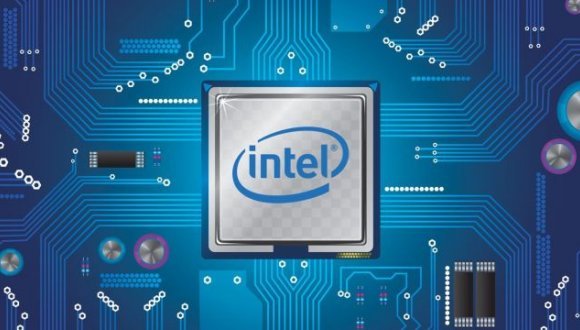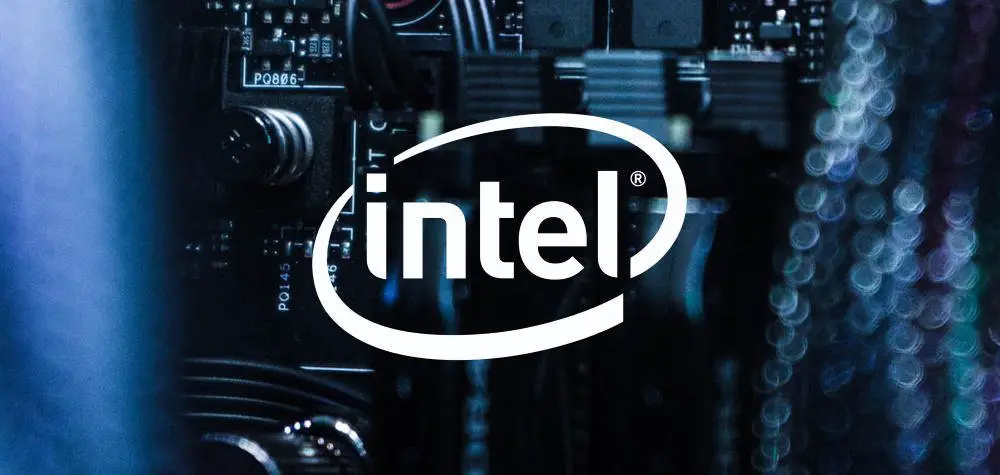Today we were able to learn that Intel is going to build ARM and RISC-V chips for other companies as part of their powerful expansion strategy. Intel unveiled early this morning an ambitious expansion plan valued at $20B. This large investment will serve to build two new factories in Arizona, USA, and potentially expand the production capacity of other existing ones.
But also Intel has announced that it will also boost its services to third parties, offering production capacity to other companies in the United States and Europe.
Intel has announced that it will also boost its services to third parties
Dubbed IDM 2.0, Intel’s new production strategy seeks to avoid the occurrence of bottlenecks such as those experienced during the migration to 7nm, as well as to compete for head-on with firms such as TSMC and Samsung. Intel Foundry Services, which is the name that the division in charge of these tasks will receive, will be an independent department focused on the production of components such as x86 processors as well as ARM and RISC-V. The initiative will start in 2023.
The company will manufacture ARM and RISC-V chips for other companies
Intel will offer its factories for third-party semiconductor production and this will undoubtedly be greeted with enthusiasm by the industry, which is struggling to meet global demand. Numerous companies are suffering the effects of an increasingly severe shortage of semiconductors, and until now console, graphics cards, and car manufacturers were the most impacted, soon the effects could also be felt in the general computing market and even mobile phone market.

On the other hand, and despite the establishment of Intel Foundry Services, the US giant has confirmed that it will make greater use of external foundries. These unnamed partners will be responsible for manufacturing “core” products for the client (consumer) and data center markets, providing greater flexibility. Among the components to be outsourced will be communications and connectivity-related elements, as well as graphics and chipsets.
On the other hand, and despite the establishment of Intel Foundry Services, the US giant has confirmed that it will make greater use of external foundries. These unnamed partners will be responsible for manufacturing “core” products for the client (consumer) and data center markets, providing greater flexibility. Among the components to be outsourced will be communications and connectivity-related elements, as well as graphics and chipsets.





